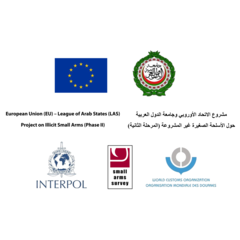النسخة العربية
For a quick overview of the project, click here.
Background
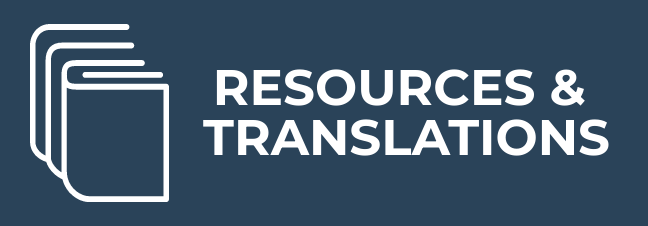 The EU-LAS project was launched in 2019 in order to support the Member States of the League of Arab States (LAS) in sustainably building their national capacities to combat the illicit trade in, and proliferation of, small arms and light weapons. In so doing, the project also supports LAS Member States with their national implementation of the UN Small Arms Programme of Action and the International Tracing Instrument.
The EU-LAS project was launched in 2019 in order to support the Member States of the League of Arab States (LAS) in sustainably building their national capacities to combat the illicit trade in, and proliferation of, small arms and light weapons. In so doing, the project also supports LAS Member States with their national implementation of the UN Small Arms Programme of Action and the International Tracing Instrument.
The project responds to the needs and priorities identified by LAS Member States regarding illicit small arms, as discussed within the framework of the EU-LAS Strategic Dialogue on Weapons of Mass Destruction, Small Arms and Light Weapons, and Arms Control. The EU funds the project and entrusts its implementation to INTERPOL, the Small Arms Survey (project coordinator), and the World Customs Organization (WCO), working in collaboration with the LAS Department of Arms Control and Disarmament (project focal point).
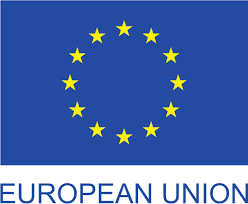 | 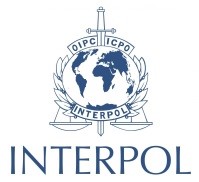 | 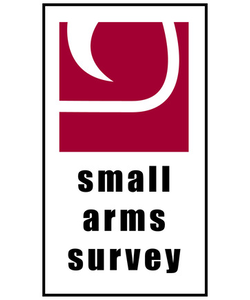 | 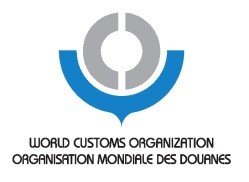 | 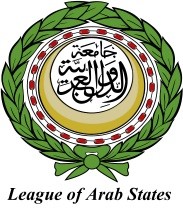 |
The EU–LAS project
As defined by the EU-LAS Strategic Dialogue framework, EU Council Decision (CFSP) 2024/2500, and in cooperation with the implementing partners, the project covers the following priority areas:
- Area 1: International SALW transfer controls, including risk assessments and prevention of SALW diversion to unauthorized recipients.
- Area 2: Identification and disruption of sources of illicit small arms, including capacity building for law enforcing agencies on: control of land, air and maritime borders; marking, record-keeping, and tracing of SALW; techniques for arms investigations (such as the use of ballistic information); and identification or disruption of smuggling routes and related methods.
- Area 3: Other small arms measures, including stockpile management and security.
- Area 4: Provision of information and advice relevant to SALW control measures (for example, evaluation of the regulatory framework in LAS Member States and provision of advice on possible revisions, translation of relevant research and studies into Arabic, etc.).
> EU Council Decision on Phase III in Arabic and English
> For more information on the training courses offered by INTERPOL, the Small Arms Survey, and WCO, please watch our presentation video, available in Arabic, English, and French
> Resources and translations
EU-LAS Phase III, 2024–27
Phase III of the project (1 October 2024 to 30 September 2027) will be structured around the following three outcomes:
- Customs and other border agencies will have strengthened capacities to detect, intercept, and report on matters of illicit SALW trafficking in the LAS region.
- Law enforcement agencies will have strengthened capacities to effectively investigate and cooperate on matters of illicit SALW proliferation and trafficking in the LAS.
- Security and military agencies will have strengthened capacities to design and implement safe and secure stockpile management systems for SALW and ammunition in the LAS.
Under outcome 1, the project plans the following activities:
- Upon demand of interested states, the completion of up to 12 national SALW in-person training events for WCO member administrations to strengthen their ability to control the illicit trafficking in small arms and light weapons at the border.
- Hosting of up to six regional one- or two-day online thematic workshops presenting specific topics of high interest to LAS member states.
- The use of entry-level training sessions to complete the accreditation process for WCO pre-accredited SALW trainers that began in Phase II.
- Participation in activities led by other implementing partners.
- Availability of WCO technical expertise on demand to advise LAS member states on updating their national curricula for SALW training.
Under outcome 2, the following activities are planned:
- Up to 10 in-country deployments to support the assessment and development of the capacities required to implement the INTERPOL Firearm Recovery Protocol.
- Upon request, up to five in-depth training sessions led by INTERPOL trainers to support countries in developing national capacities to collect, prepare, and share information related to firearms.
- Up to five national training sessions led by qualified national trainers who will be able to deliver national trainings under INTERPOL auspices.
- Mentoring support to countries for the establishment of national firearm taskforces, delivered through sub-regional capacity-building activities or national deployment for on-the-job training.
- A workshop on the exchange of best practices on firearm investigation techniques and analysis of firearm-related intelligence, to be delivered as part of a regional event organised jointly with other implementing partners.
Under outcome 3, the outputs and activities will include:
- Delivery of up to four one-week entry-level national training packages. If demand for entry-level training is lower than expected, remaining resources will be allocated to advanced training packages.
- Development and delivery of up to six two-week national, tailored in-depth training packages.
- Translation of key thematic resources into Arabic, including but not limited to training material developed under Phase III. This activity may also include producing social media material in Arabic, as required.
- Undertaking an analysis of options to facilitate or support the integration of stockpile management and security into national curricula, with related national and international certification options. Regional approaches should also be assessed.
- One final, wrap-up regional event, held in collaboration with the LAS Secretariat, WCO, and INTERPOL. The wrap-up meeting will take place in Cairo at the end of Phase III and provide the opportunity to participating countries to assess the main results of this phase and exchange best practices in the substantive areas covered.
- Up to 10 national engagement visits will occur to foster buy-in and national ownership, in close coordination with the other implementing partners.
- Participation in up to five activities led by other implementing partners, such as online thematic fora or during national in-person training sessions.
EU-LAS Phase II, 2021-24
The EU approved the continuation of the project in Council Decision (CFSP) 2021/1726 of 28 September 2021 (available in Arabic, English, and French).
Phase II of the project (1 October 2021 to 30 September 2024) comprises the following activities:
- Regional coordination: Cairo inception meeting
- Regional coordination: two regional workshops
- Regional coordination: Cairo wrap-up meeting
- National training sessions for requesting LAS Member States
- In-depth training sessions with participants from LAS Member States
- Project support for the development of national training curricula
- Project facilitation of voluntary joint national field operations
- Provision of information in Arabic
The phase II Inception Meeting was held at LAS headquarters, in Cairo, on 23-25 May 2022. The meeting was designed to evaluate the project to date (Phase I activities) and begin planning for Phase II activities. The project convened its first regional workshop in Morocco in the autumn of 2022. This workshop offered LAS Member States an opportunity to exchange best practices and lessons learned, and identify national and regional priorities in project-related areas (priority areas 1 to 5).
In 2022, the project also offered national training programmes to all LAS Member States. The project proposed introductory online programmes for LAS Member States that did not receive project training in Phase I followed by in-country training for these countries and for those LAS States that received Phase I training.
In 2023–24, the project added 4 in-depth training programmes available to participants from the region to its list of activities. The regional training events also included train-the-trainer programmes . To strengthen the long-term sustainability of project training, the project was also able to facilitate the preparation, conduct and analysis of two joint field operations, conducted on a voluntary basis by national security forces from LAS Member States.
EU-LAS Phase I, 2019–21
Between June 2019 and February 2020, the project completed the following activities:
- an inception meeting that presented the project to LAS Member States at LAS headquarters in Cairo (June 2019);
- three needs assessment missions, conducted in the United Arab Emirates (UAE), Jordan, and Morocco in November–December 2019, that determined the specific priorities of these States regarding illicit small arms and prepared for in-country training programmes in the same countries;
- a subregional workshop to exchange information and best practices on illicit small arms, held in the UAE, in February 2020, for LAS Member States in Asia; and
- training programmes/courses provided to nine LAS States/security services (two in-country, seven online programmes) for a total of 102 days of training. Project courses conveyed critical small arms control expertise to a total of 409 LAS Member State officials, who consistently reported having acquired significant new knowledge of relevance to their work on illicit small arms and light weapons.
Under Priority Area 5.2, the project has a mandate to meet the needs of LAS Member States for independent and reliable information on small arms and armed violence in Arabic.
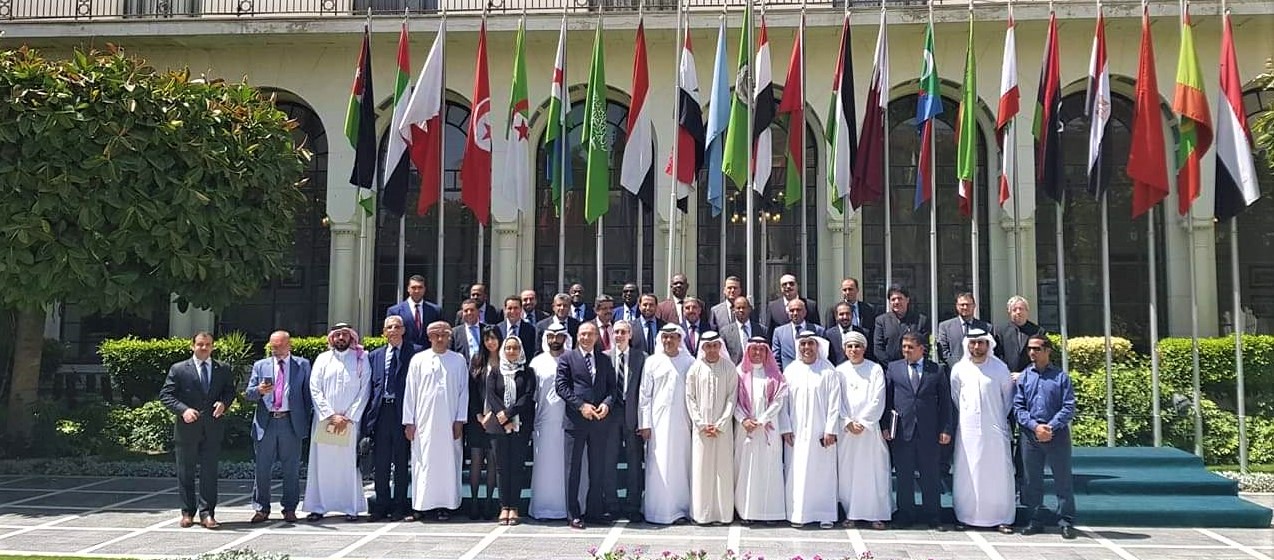
Contact information
The project thanks the EU-LAS Member States that have already nominated a national focal point for the project and encourages other Member States to do so at their earliest convenience. Contact information for the national focal points, including any updates to this information, should be sent to the LAS Secretariat. The project will provide the national focal points with up-to-date information on the project and liaise with them to organize, upon request, project training.
For further information on the project, please contact:
Small Arms Survey | Small Arms Survey | League of Arab States (LAS) |
INTERPOL | World Customs Organization |
